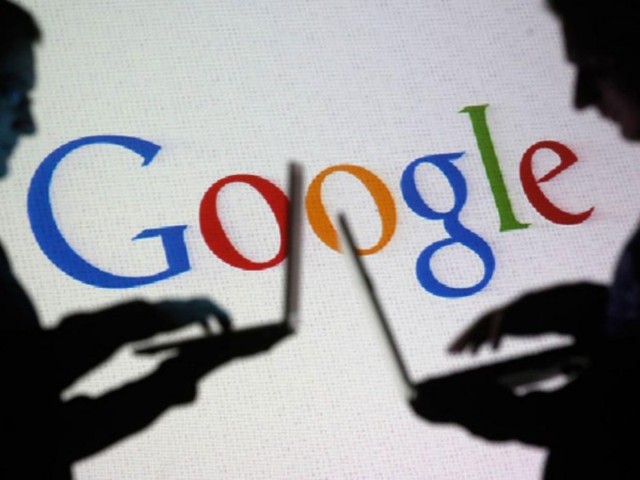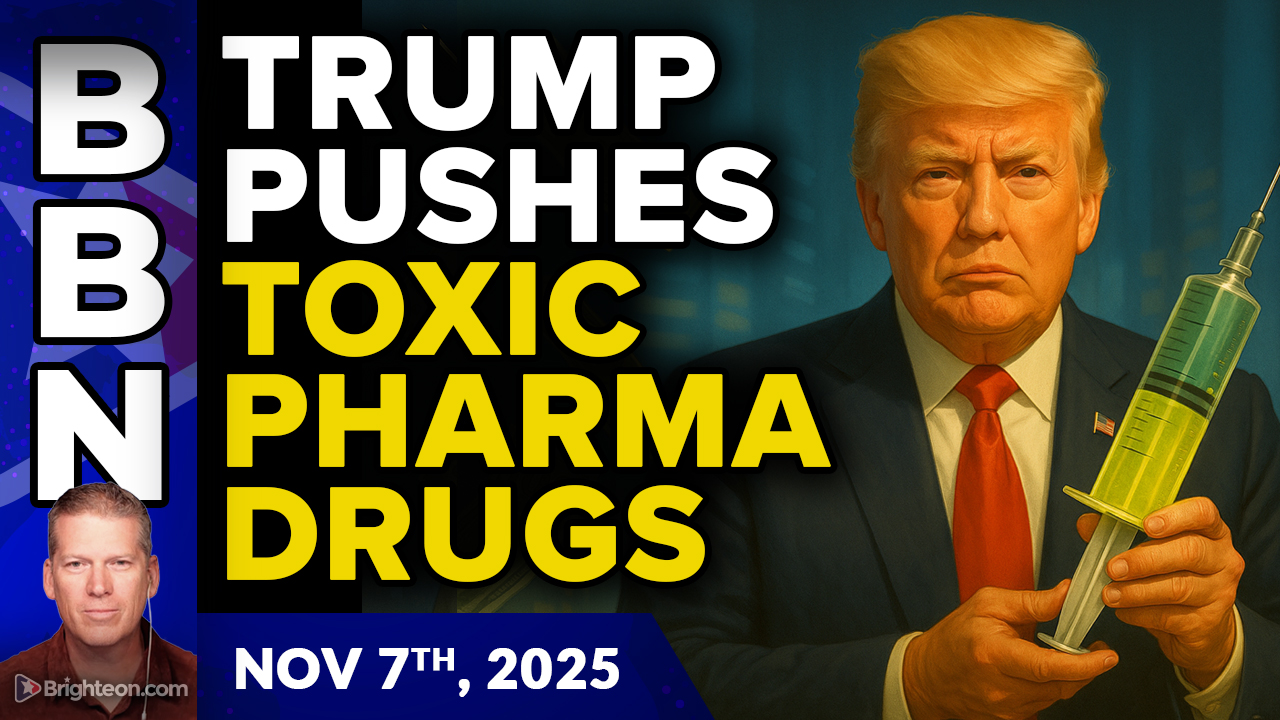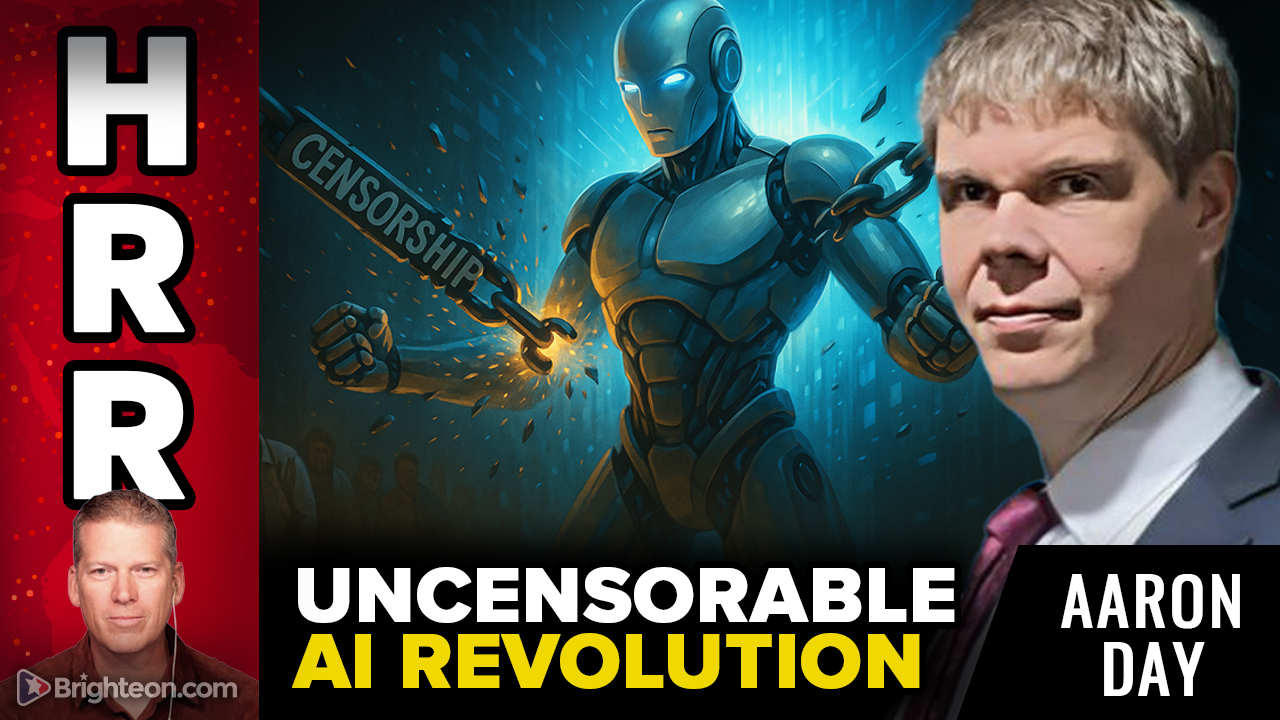 Parler
Parler Gab
Gab
- A Google executive admitted to "mistakes" in handling election fraud content during a Senate hearing.
- Senator Ted Cruz confronted the executive over the removal of a video documenting election fraud claims from both major political parties.
- The hearing focused on allegations of "jawboning," where the government coerces private companies to censor speech.
- Executives from Google and Meta acknowledged pressure from the Biden administration but maintained their companies made independent content decisions.
- Senator Cruz announced plans for new legislation to create transparency and a legal recourse for citizens targeted by government-backed censorship.
Confrontation over censorship of bipartisan claims
The hearing’s most explosive moment centered on a specific case of content moderation. Senator Cruz presented evidence that YouTube, owned by Google’s parent company Alphabet, had removed a video documenting election fraud claims made by both Hillary Clinton and Donald Trump. The platform not only deleted the video but also penalized the creator with a "strike," a step that could lead to the channel's termination. Cruz demanded to know why a journalistic record of claims from both major parties would be censored. Markham Erickson, Google's Vice President of Government Affairs and Public Policy, defended the action by citing a since-rescinded post-election policy that removed content alleging "widespread fraud" after states had certified their results. Under repeated pressure from Cruz to apologize for the decision, Erickson would only state, "We make mistakes," but refused to specify if this case was one of them.The "jawboning" debate and legislative response
The hearing, titled “Shut Your App: How Uncle Sam Jawboned Big Tech Into Silencing Americans, Part II,” served as a platform to explore the legal and constitutional boundaries of government communication with social media platforms. Both Erickson and Neil Potts of Meta acknowledged that their companies faced significant pressure from Biden administration officials, particularly regarding COVID-19 information. While both executives maintained that final content decisions were made independently, Potts stated that Meta believes "that government pressure was wrong and wish we’d been more outspoken about it." In response, Senator Cruz announced his intention to introduce new legislation, dubbed the "Jawbone Act," designed to create transparency for government communications with tech firms and provide a legal pathway for citizens to sue if their speech is censored due to government coercion.A historical precedent for modern censorship
The debate over jawboning is not new. Legal experts at the hearing pointed to the Supreme Court's 1963 ruling in Bantam Books v. Sullivan, which established that government coercion of private entities to suppress speech violates the First Amendment, even without a direct legal order. This precedent was recently reaffirmed in National Rifle Association v. Vullo, where the Court unanimously held that government officials cannot do indirectly what they are barred from doing directly. This historical context frames the current controversy not as a novel issue of the digital age, but as a modern manifestation of a long-understood threat to free expression, where government power is leveraged through private intermediaries to silence dissent.A crossroads for digital free speech
The hearing concluded with a rare moment of bipartisan agreement on the need for legislative action to curb government overreach. All four witnesses, including those from Google and Meta, expressed support in principle for legislation that would increase transparency and accountability for federal efforts to influence content moderation. This consensus underscores the critical nature of the moment. As the lines between public authority and private platform governance continue to blur, the outcome of this fight will determine whether the digital public square remains a forum for open, robust debate or becomes a space where speech is quietly managed at the behest of the state. The admission of "mistakes" by one of the world's most powerful information companies is a significant step, but it is the legislative and legal battles to come that will ultimately define the future of free speech in America. Sources for this article include: TheEpochTimes.com Techpolicy.press X.comA decade-long fight: Scientist’s memoir alleges Pfizer cover-up of lab infection
By Willow Tohi // Share
China’s rare earth DOMINANCE threatens U.S. prosperity
By Lance D Johnson // Share
Senate hearing exposes FLAWS of Google’s election content moderation
By Kevin Hughes // Share
Trump announces affordable Ozempic plan amid safety concerns and Novo Nordisk executive collapse
By Finn Heartley // Share
AI’s dual revolution: Job displacement, decentralization, and global power shifts
By Finn Heartley // Share
Governments continue to obscure COVID-19 vaccine data amid rising concerns over excess deaths
By patricklewis // Share
Tech giant Microsoft backs EXTINCTION with its support of carbon capture programs
By ramontomeydw // Share
Germany to resume arms exports to Israel despite repeated ceasefire violations
By isabelle // Share










